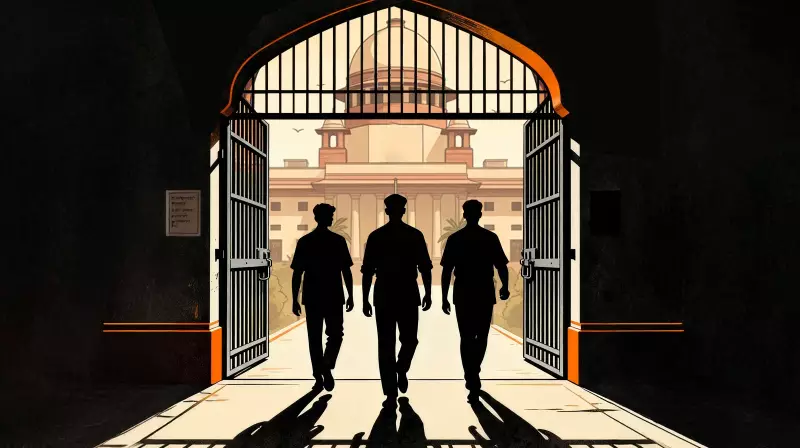
In a powerful demonstration of judicial accountability, the Supreme Court of India has not only acquitted a man who spent 14 years on death row but has also directed the state to compensate him for the colossal miscarriage of justice. The ruling underscores the court's growing concern about serious flaws in the criminal justice system that nearly cost an innocent man his life.
A Grave Injustice Corrected
The case centers around a man who was convicted and sentenced to death for murder, spending over a decade facing execution before the Supreme Court intervened. During the appeal, the bench identified multiple critical lapses in the original investigation and trial that formed the foundation of his conviction.
Systemic Failures Exposed
The court observed several alarming issues that led to the wrongful conviction:
- Investigative agencies failed to follow basic procedural safeguards
- The prosecution could not establish guilt beyond reasonable doubt
- Evidence presented was insufficient and unreliable
- The trial court overlooked significant contradictions in the case
These failures highlight the urgent need for reform in how capital punishment cases are investigated and tried across India.
Compensation for Lost Years
Recognizing the immense suffering caused by the wrongful conviction, the Supreme Court has directed the state government to provide substantial compensation to the acquitted man. While monetary payment cannot restore the 14 years he lost, it represents the judiciary's acknowledgment of the state's responsibility in the tragedy.
Broader Implications for Death Penalty Cases
This judgment sends a strong message to lower courts and investigative agencies about the need for extreme caution in death penalty cases. The Supreme Court emphasized that when life and liberty hang in balance, the standards of evidence and procedure must be of the highest order.
The ruling is expected to influence how courts across India approach capital punishment cases, potentially leading to more rigorous scrutiny of evidence and investigation methods in future trials.






